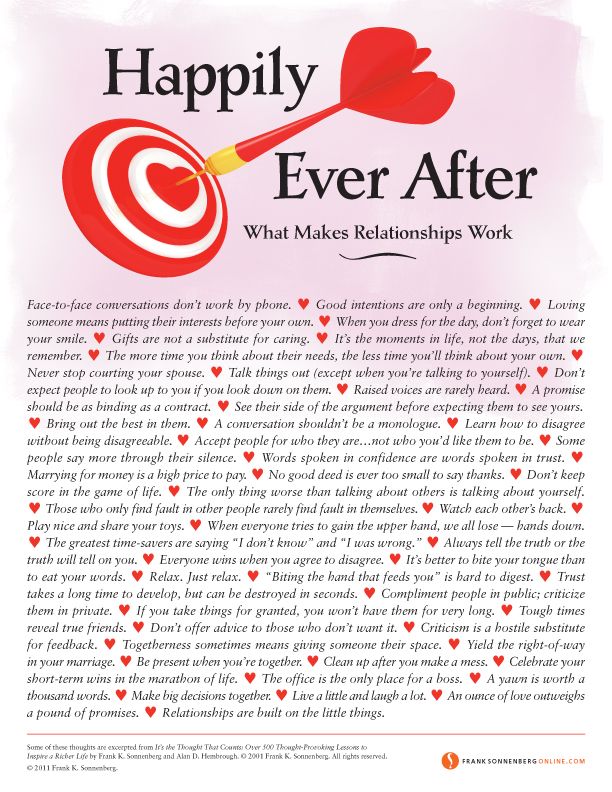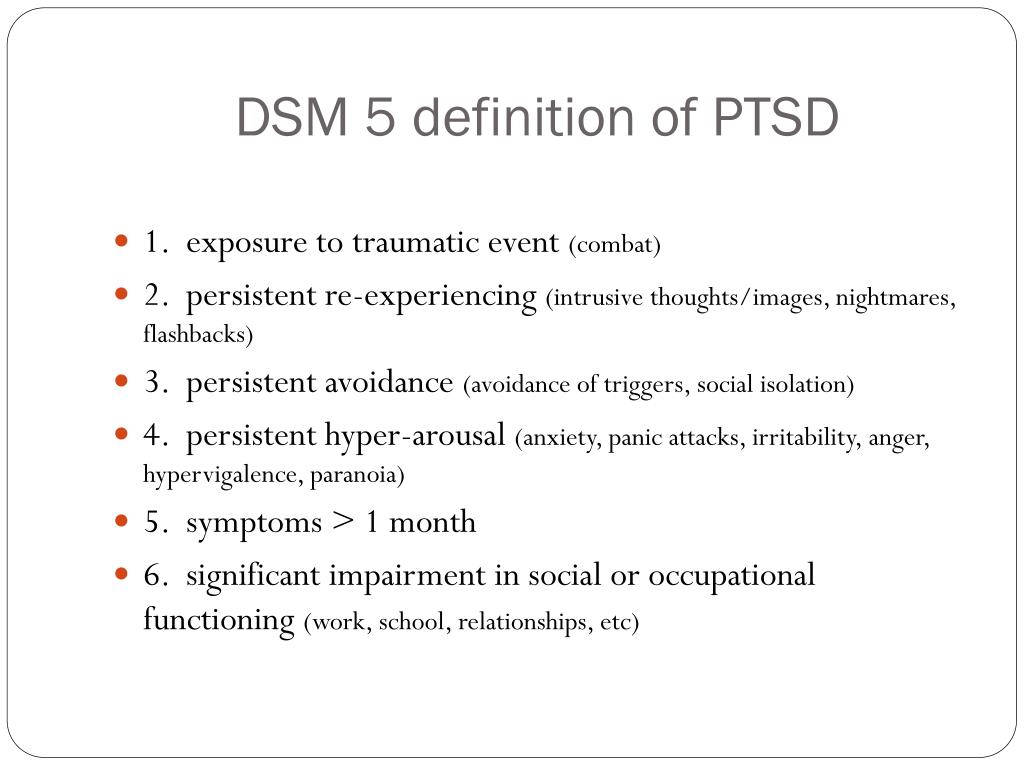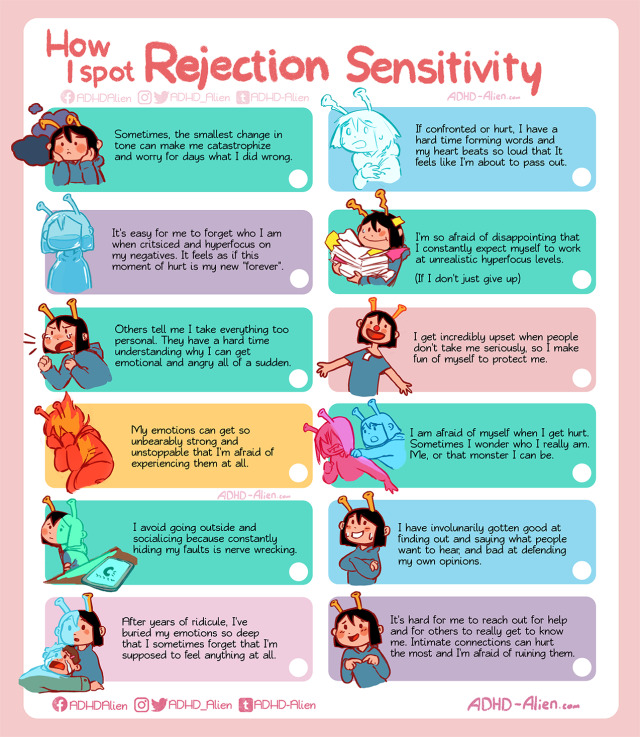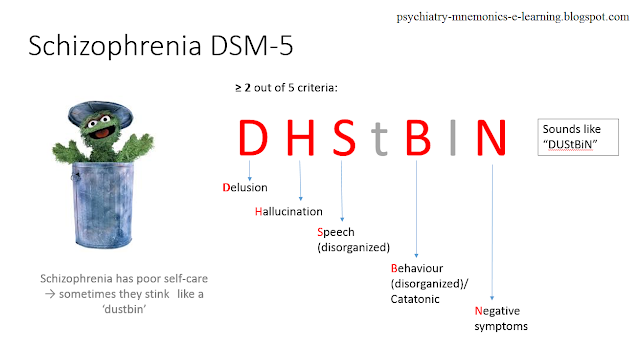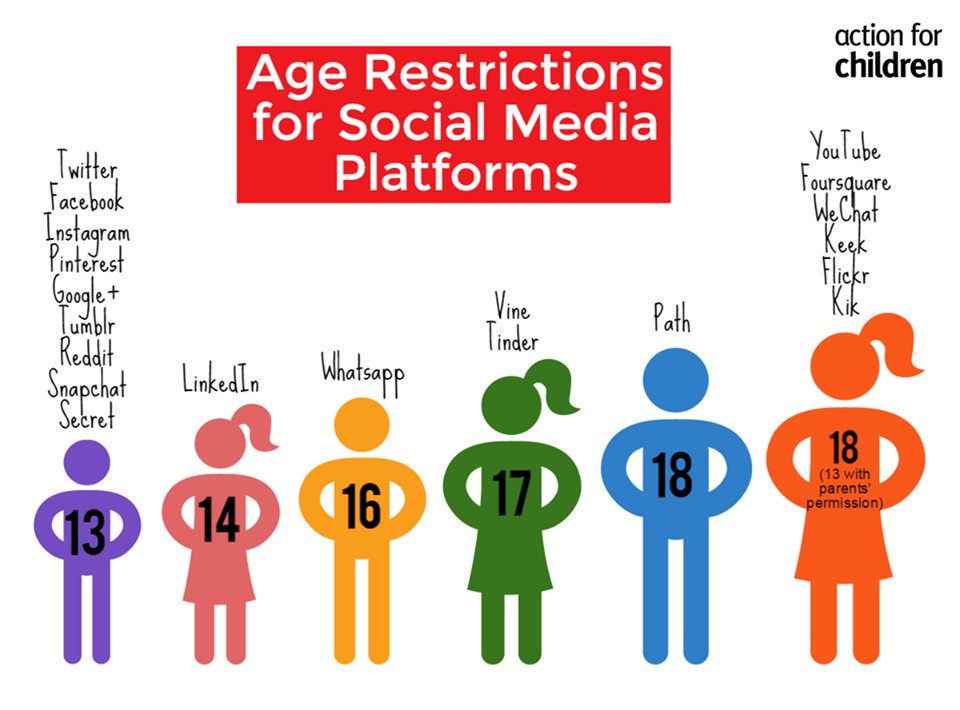Criticism in marriage relationships
Criticism in Marriage Relationships. Stop it Before it Kills Yours.
Everyone hates to be criticized. Yet, for some reason, couples often feel licensed to belittle, berate, badger, and blame each other in ways they’d never do with friends. Criticism in marriage relationships is so common it makes the adage “intimacy breeds contempt” unshakeably rock solid. Why do couples default to critical behavior despite knowing deep down it is harmful and corrosive to their relationship?
What exactly is criticism?
Couples often have a difficult time distinguishing between criticism and voicing a complaint. Criticism can have devastating effects because it makes the victim feel assaulted, rejected, and hurt. Couples fear that if they agree to stop criticism they won’t be able to have a conversation about failed agreements or promises.
For example, say your partner throws his/her clothes and towels on the floor instead of putting them in the hamper. If you attack the partner by saying, You are lazy or You never clean-up after yourself‘ that is criticism. If instead you say, I would really appreciate it if you would put your clothes in the hamper, that is voicing a complaint.
Criticism is an attack on your partner’s character. Calling your partner lazy or pointing out negative personality flaw is criticism because you are criticizing your partner as a whole person. In contrast, if you voice a complaint, and focus on specific action or behavior, and ask for a different action or behavior, that is different from criticism.
Why do partners behave as if criticism in marriage relationships is okay?
The closer we are to a person, the more we see their flaws and weaknesses. Over time we get annoyed, our patience wears thin, and our self-restraint weakens. For example, we may find our friend, the absent-minded professor endearing, but if he were our partner, no doubt his forgetfulness would have inconvenienced or even hurt us over time, and we would be tempted to lay into him/her about it.
With friends, acquaintances, colleagues, and others we can usually keep our negative reactions and criticism in check.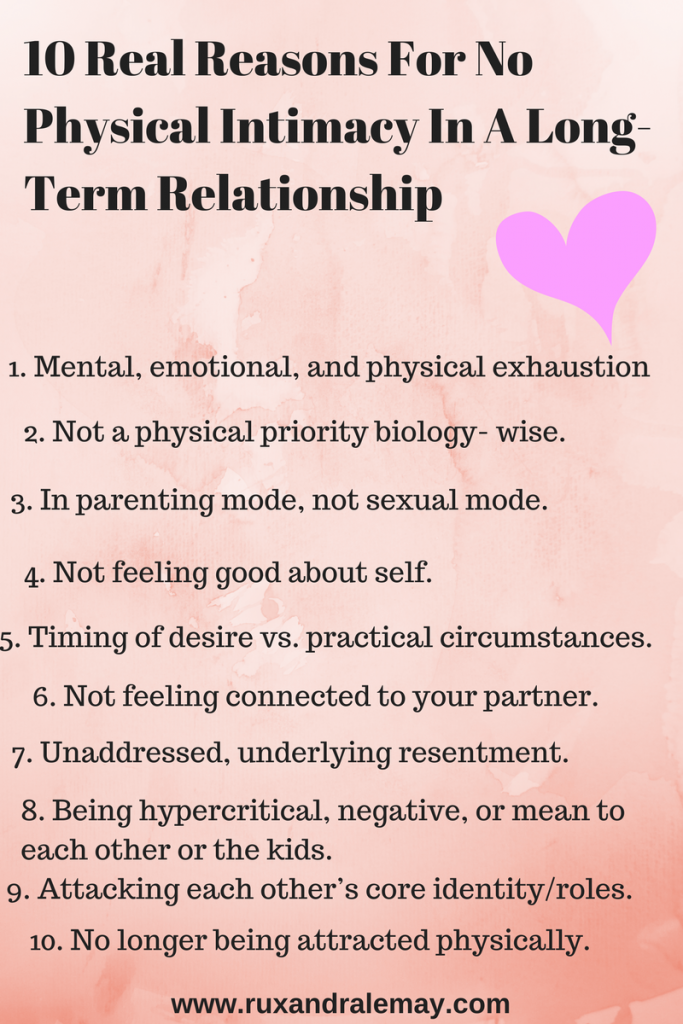 We don’t see them every day, can take a break until our irritation wears off, or their behavior doesn’t affect us personally. But those with criticism in marriage relationships often don’t afford their partner comparable restraint and respect. Criticism becomes their default behavior even though deep down they know it isn’t right.
We don’t see them every day, can take a break until our irritation wears off, or their behavior doesn’t affect us personally. But those with criticism in marriage relationships often don’t afford their partner comparable restraint and respect. Criticism becomes their default behavior even though deep down they know it isn’t right.
Why is criticism in marriage relationships so common?
One might think that the last person we’d want to hurt would be your marriage partner, the one you love. Intimacy often does breed contempt, but why do people seem to focus on negative aspects instead of the positive aspects of their partner. Why doesn’t intimacy beget admiration instead?
It seems that our brains are wired with a built-in “negative bias”. Our brain is built to automatically place more weight on unpleasant news or nastiness. Negative bias kicks in automatically at the earliest stages of processing information. As a result, our attitudes are more heavily influenced by downbeat news than good news.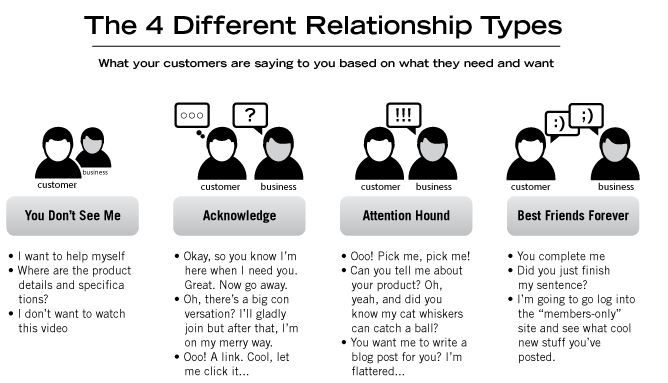 Is it any wonder then that constant criticism by a spouse tips the balance of a relationship from mundane to miserable?
Is it any wonder then that constant criticism by a spouse tips the balance of a relationship from mundane to miserable?
If unaddressed, criticism in marriage relationships damages the fabric of the relationship. Unhealthy criticism undercuts the basic cornerstones of good relationships: safety, acceptance, and approval. Regular criticism drains the vitality and spontaneity from a relationship.
“How does a person survive constant criticism in a marriage relationship?
People adapt to a partner’s constant criticism by employing various survival tactics, such as:
– Self-protection
He or she runs for cover. To survive psychically, he/she crawls into a shell of self-protection. Some develop an intensely defensive personality to shield themselves from the harsh lash of the critical partner. Others hide their “authentic selves” as a protective mechanism, letting out only the part stamped “partner approved”. They may feel the need to shrink their personality to avoid disparagement which can result in loss of self.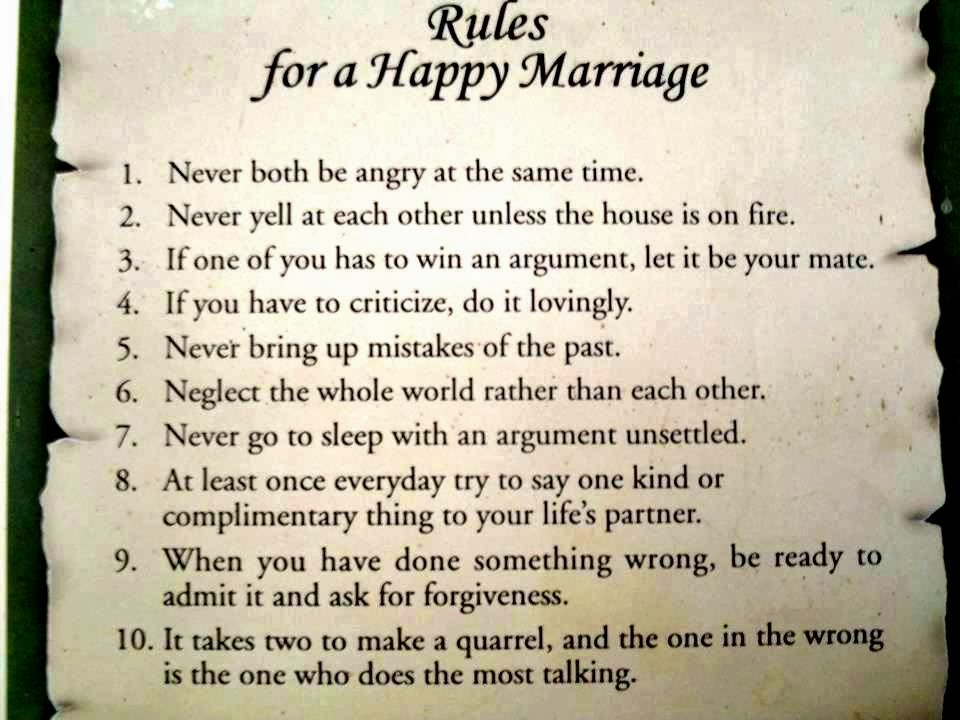
-Distancing.
To fend off criticism in a marriage relationship, a partner surrounds him/herself with a safe buffer zone from which he/she responds politely as if from afar. Friends, work, children, exercise, social media, television, books, and newspapers can serve as buffers.
-Withdrawal
A criticized partner withdraws and becomes emotionally unavailable. He/she preserves the “self” by building a wall to keep the critical partner away. He/she refuses to engage or react when criticized. Instead, he/she takes it and most likely adds another brick in the wall of resentment each time they are attacked, belittled, or berated. It is a rare person that can let it go every time.
-Substance Abuse
Another common reaction to criticism in a marriage relationship is substance abuse. To survive emotionally, the criticized partner numbs the pain of engaging with his/her partner. Substance abuse as a coping mechanism usually leads to further deterioration of the relationship as well as a host of other serious problems.
Most of what we know about relationships we learned unconsciously from our families at a very young age. If we had a critical parent, we might be critical too or coupled with a critical person, or both. We likely employ the survival tactics discussed above. Unfortunately, replicating our early history and learned behaviors often do not encourage happy healthy relationships. We need to widen our horizons and learn more.
The good news: human beings are intelligent and malleable. With knowledge and awareness, we can change and adapt.
What to do when you’re ready to take action to stop criticism in a marriage relationship?
Here’s a simple way to get started on the road to change. For one week simply observe the interaction between you and your partner. You will be gathering the data you need to make positive changes. At the end of the week, compile the data using the following questions.
Ask yourself the following questions:
-Is one of you highly critical?
-Does the critical partner complain of lack of closeness or attention?
-Does the criticized partner act remote and distant or find excuses to disengage?
-How frequent are the criticisms? Are they “justified” or petty attempts to control, demean, or change what you don’t like about your partner?
-Is the statement criticism or a bona fide voicing of complaint that targets a specific action or behavior?
-Is one of you oversensitive to criticism? Do you mistake a complaint for criticism?
-Is the critical partner selective about voicing a complaint, choosing only what affects him/her and what is important?
At the end of the week, if you are the “critical” partner, decide to stop your criticism by using these tips.
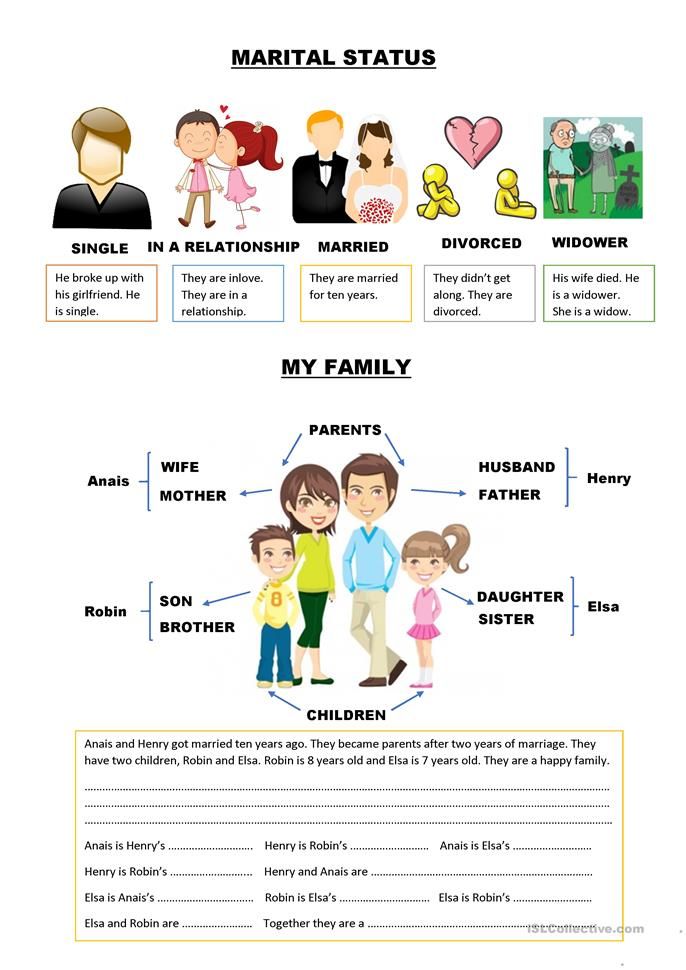
-Study your impulses, actions, and behavior.
-Count to 10. Breathe, bite your tongue, wear a rubber band around your wrist and snap it each time you feel the impulse to criticize.
-Do whatever it takes to do to stop finding fault, belittling, reproaching, nit-picking, cutting down, or chastising your partner.
-Decide the kind of person you want to be and how you want to show up in your relationship.
-Work at accepting your partner, even his/her annoying traits, harmless bad habits, quirks, and idiosyncrasies.
-Resign yourself to the fact that you will not change your partner. I repeat: You will not change your partner.
-Make this your new mantra. I will not change my partner.
-Observe any behavior changes in your partner. For example, without criticism in your marriage relationship, is he/she more present, lively, open or spontaneous?
– Does he/she interact with you more and seem more relaxed?
If you are the “criticized” partner, become aware of your coping strategy and make your partner aware of critical behaviors.
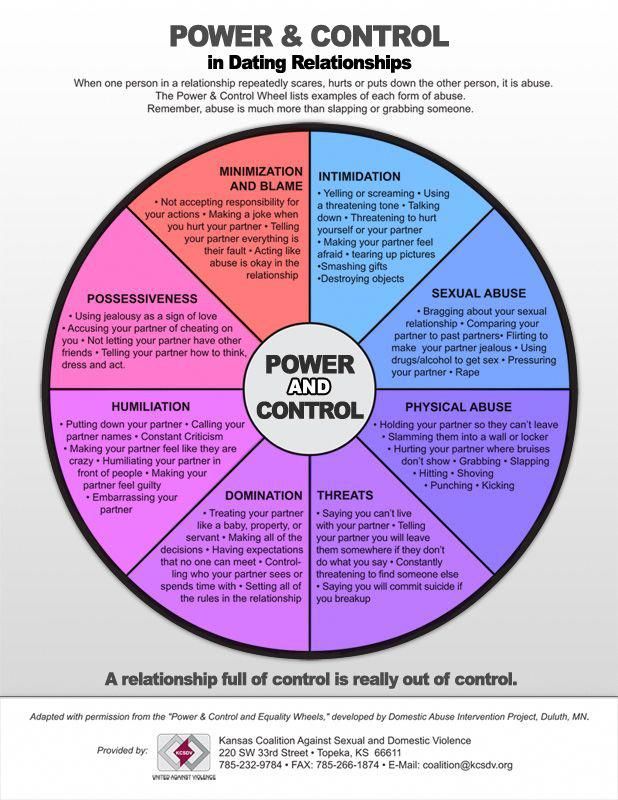
-Do you withdraw, distance, drink, work late, disappear into the TV screen?
-Decide to stop coping and object each time your partner criticizes you.
-Be brave, summon the courage, and be firm.
-Say words to the effect: My feelings get hurt when you criticize me about X or Y. I feel that you don’t even like me.
-Stand up to your partner each time you hear criticism. Tell them how badly it makes you feel. Say with conviction: I can no longer tolerate criticism from you.
-Be calm and intentional.
If you are both serious about healing criticism in your marriage, make the commitment to work on your part in the dance. Be persistent. Letting go of old habits and replacing them with new habits takes time. Researchers tell us that you will be well on the road to permanent change if you consistently apply new behaviors for 30 consecutive days. Everyone deserves to live in a criticism-free environment even those of us who are not perfect.
Mary Ellen Goggin offers relationship coaching for individuals and collaborates with her partner Dr. Jerry Duberstein to offer private couples retreats in the quaint seaport, Portsmouth, NH. To learn more about Mary Ellen and her work, schedule a ½ hour complimentary consultation.
Criticism in Relationships: Examples and Effects
Again and again in my work with couples I see the destructive effect criticism can have on a relationship. In this article I would like to explore what my three favorite relationship experts have to say about criticism and its effects on relationships.
Drs. John & Julie Gottman
The therapists who have done the most research on the effects of criticism on relationships were undoubtedly Drs. John and Julie Gottman. The two are famous for their “love lab,” in which hundreds of couples were screened, interviewed and observed over the course of two decades.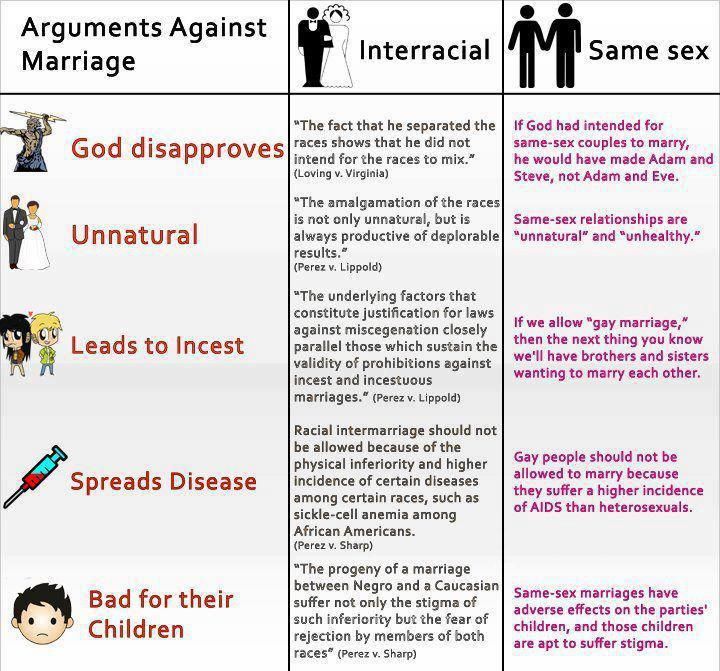 As a result of their research the Gottmans could predict in less than five minutes, with 90 percent accuracy, if a couple was going to stay together or divorce.
As a result of their research the Gottmans could predict in less than five minutes, with 90 percent accuracy, if a couple was going to stay together or divorce.
They came up with a metaphor to describe four communication styles that can predict the end of a relationship. They termed them “The Four Horsemen” — a phrase coined after the Four Horsemen of the Apocalypse from the New Testament, depicting the end of time.
- Criticism
- Contempt
- Defensiveness
- Stonewalling
For the purposes of this article I will only be focusing on the first and second of these “horsemen.”
Criticizing your partner is different than offering a critique or voicing a complaint. Critiques and complaints tend to be about specific issues, whereas criticism has to do with attacking your partner’s character and who they are.
For example, a complaint might be: “We haven’t gone on vacation together in so long! I’m tired of hearing about our money troubles!” Here we see a specific issue being addressed that is a problem for one partner.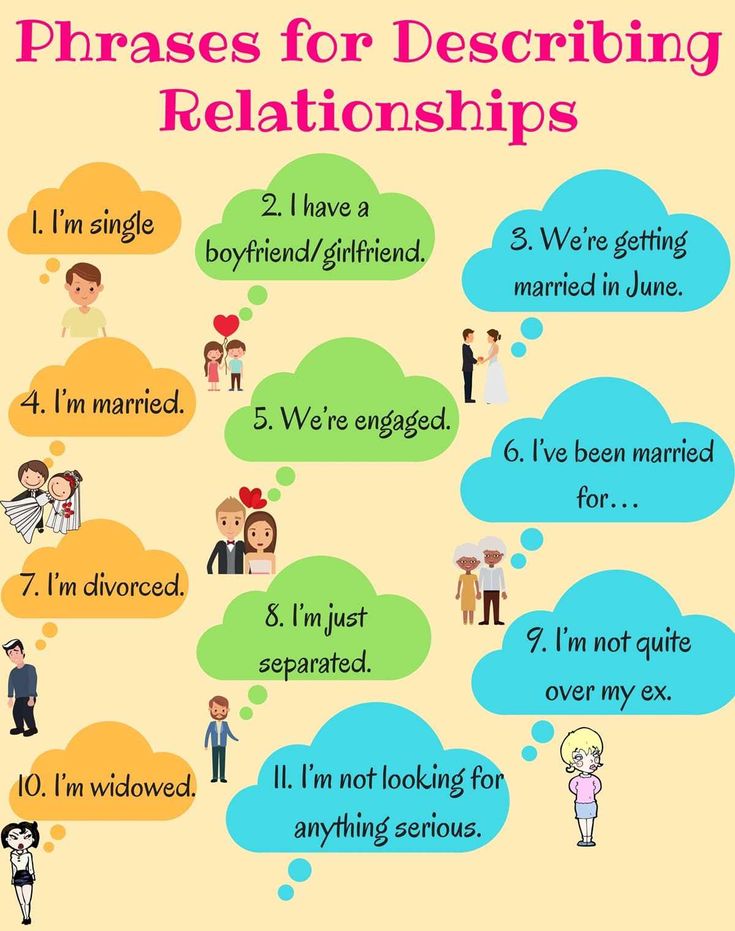
A criticism might go something like this: “You never want to spend money on us! It’s your fault we can never go away together because you spend all our money on useless things!” This is an outright attack on the partner’s character. It is guaranteed to put them in defensive mode and sets the tone for war.
The main problem with criticism is that it can pave the way for the worst of the horsemen — contempt.
Contempt is about holding your partner in a negative light without giving them the benefit of the doubt. The contemptuous partner is usually attacking from a place of superiority. This can send their partner the message that they are not liked, appreciated, understood or respected. This does little to create a safe, secure and trusting bond in the relationship. The tragedy is that when parents model this negative type of bonding it creates an enormous amount of insecurity and anxiety for their children.
Treating your partner with contempt is the single greatest predictor of divorce, according to Dr.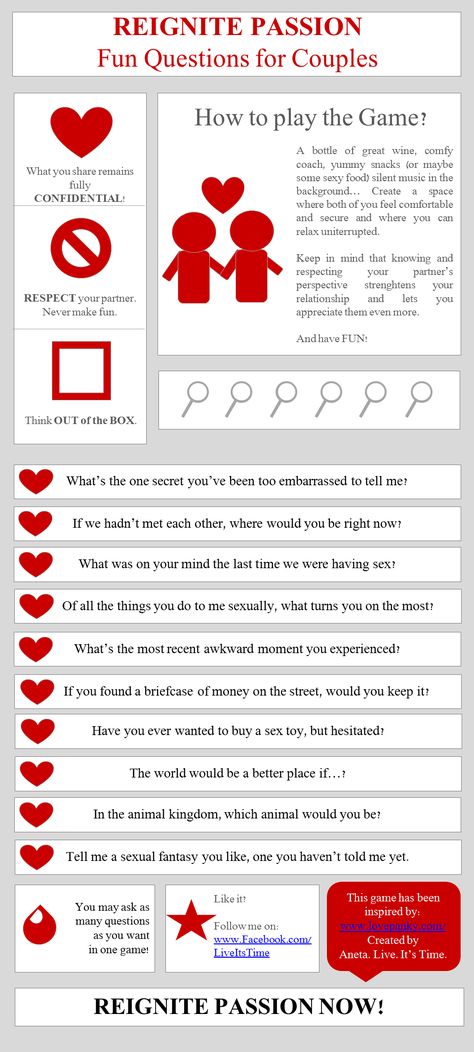 Gottman’s work. It is by far the most destructive of the four communication styles.
Gottman’s work. It is by far the most destructive of the four communication styles.
Stan Tatkin
Stan Tatkin, who created a psychobiological approach to couples therapy (known as PACT), is another well-known clinical expert and researcher on couples. He describes in great detail how the brain can be wired for both war and love but points out that our brains are not necessarily that good at this thing called love:
“The brain’s wired first and foremost for war rather than love. Its primary function is to ensure we survive as individuals and as a species and it is very, very good at this.” (1)
Tatkin talks about the importance for couples to foster the “couple bubble” in order to counteract this tendency toward war. This is the intimate world of the relationship where you and your partner let each other know that the relationship is a secure and safe haven. It gives the message that your partner can be your go-to person under stress or duress, that your partner has your back, cares about you and will protect you.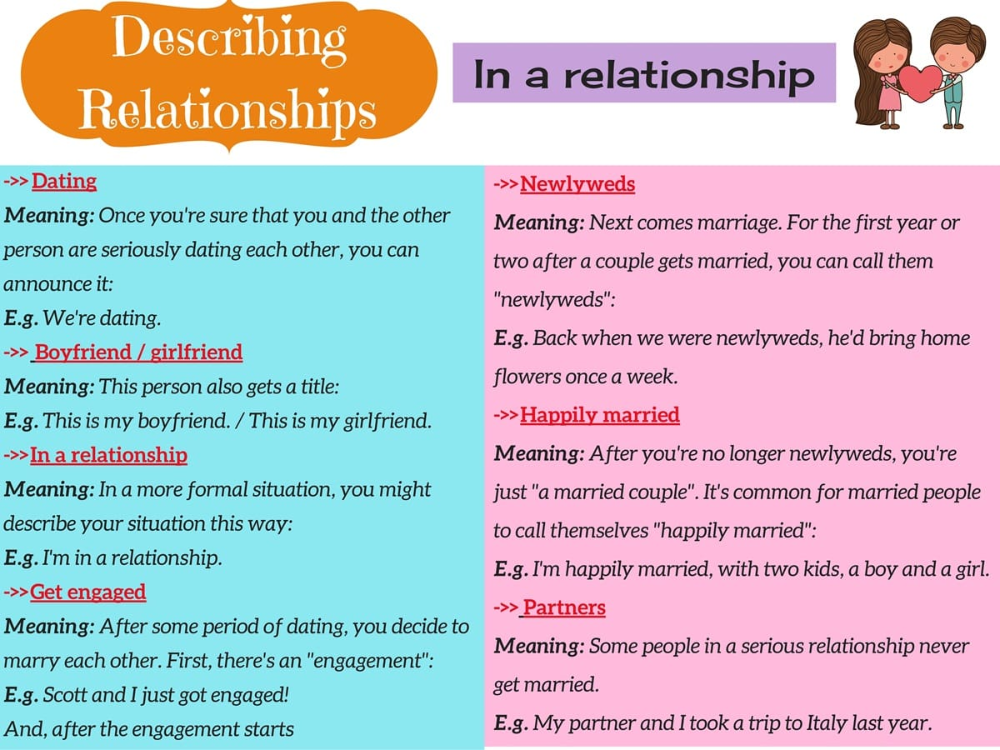 Couples that know how to foster a “couple bubble” will have a relationship that truly thrives.
Couples that know how to foster a “couple bubble” will have a relationship that truly thrives.
Contempt and relentless criticism put a couple at war with each other. This is the opposite of the couple bubble. Smart partners who want to create a strong and happy relationship need to do all that they can to preserve and foster a strong couple bubble.
Emotionally Focused Therapy (EFT)
EFT was created by Sue Johnson, who Dr. Gottman called “the best couples therapist in the world.” In this model, criticism is seen as part of what’s called “the negative cycle.” The negative cycle is an interaction cycle between two people that, when left unchecked, can create an enormous amount of distance and disconnection in a relationship.
In the EFT approach the focus would be on what the emotion is that underlies and fuels the criticism. The underlying feeling is what needs to be addressed in order to defuse the negative cycle. The goal of EFT is to get to the softer, more vulnerable feelings underlying the negative cycle.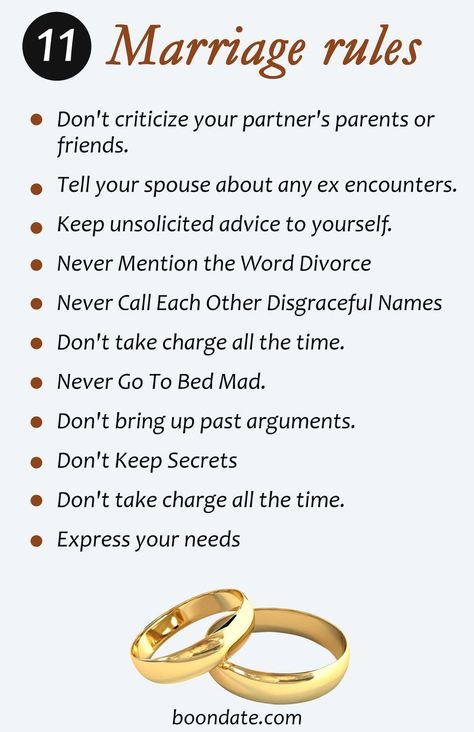
In Stan Tatkin’s language, the goal would be to access the loving brain underneath the warring brain. In order to access the softer underbelly of sometimes vicious fights, it is important to create an emotionally safe environment for exploration. In the beginning, this is often most of what I am doing with my couples: creating an emotionally safe space to explore the feelings that underlie their negative and reactive cycles. Naming the more tender and vulnerable feelings underneath the negative cycle is the first step out of it.
George and Beth
One of my couples came in exhausted from their endless, circular fighting. Their negative cycle went something like this: George would get critical and Beth would become defensive. Then, in order to get his point across, George would become more critical, which just made Beth more defensive. Around and around they would go on their not-so-merry-go-round.
What finally broke their negative cycle was when George started to access what was going on for him just before he started to become critical. He saw Beth as someone who had a lot of things going on all the time, and he didn’t feel like that much of a priority to her, which felt hurtful. Instead of letting Beth know how important she was to him and how much he missed quality time together, he would attack her with criticisms. This way he would get her attention but in a very negative way.
He saw Beth as someone who had a lot of things going on all the time, and he didn’t feel like that much of a priority to her, which felt hurtful. Instead of letting Beth know how important she was to him and how much he missed quality time together, he would attack her with criticisms. This way he would get her attention but in a very negative way.
Unfortunately, this is exactly what his parents had modeled for him. When Beth was able to witness the hurt that lay under his critical attacks, she was able to come forward and offer reassurance about her love for him. George, secure in Beth’s love for him, became far less critical and better at asking for what he really needed. This couple was well on their way to repairing their relationship and creating a strong couple bubble.
All relationships have some conflict and disappointments. This is actually healthy. Conflicts and disappointments don’t have to destroy a relationship. It is how the couple handles them that matters.
Couples who can avoid the four horsemen and come together skillfully (à la the Gottmans), couples who can access their loving brain versus their warring brain even under duress (à la Dr. Tatkin), and couples who can speak to the vulnerability that underlies their reactivity (à la EFT) are all couples who will thrive, even under stressful circumstances.
Tatkin), and couples who can speak to the vulnerability that underlies their reactivity (à la EFT) are all couples who will thrive, even under stressful circumstances.
Reference Tatkin, Stan. Wired for Love. 2006: Three Rivers Press.
Marital criticism: how not to destroy family happiness
Everyone wants understanding, acceptance and unconditional love from the closest person. But ideal partners are only in fairy tales, but in life you need to work on building harmonious strong relationships. How to defend your interests, express dissatisfaction and discuss unpleasant issues without turning a complaint into an insult, and a remark into a quarrel?
Criticism in a relationship, as a rule, means that the enthusiastic love has subsided, and the partners begin to look at each other with "sober eyes", to really get used to each other. All our needs in family life declare themselves: the need for understanding, intimacy, recognition, communication, support and love.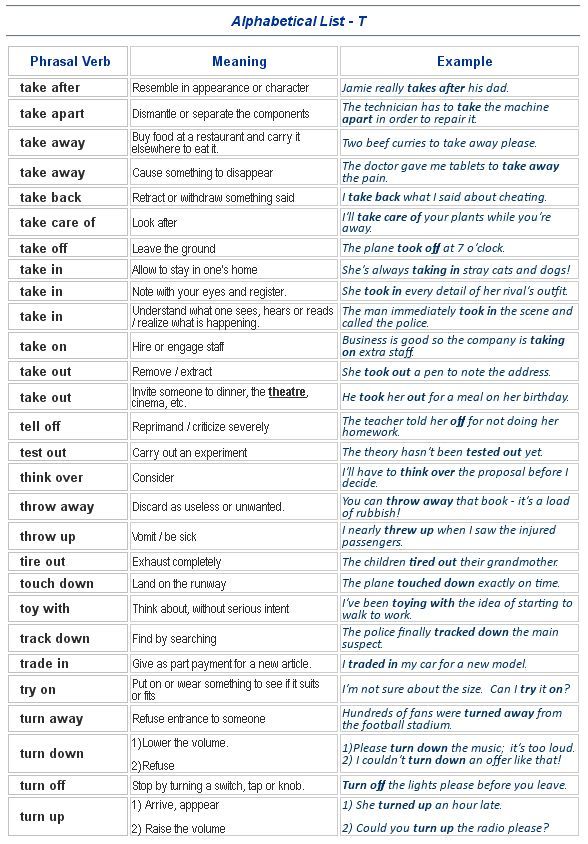 And if these needs are not met, and a constructive dialogue in the couple is not built, the wives can start to “nag” their husbands, and the husbands can make rude claims to their wives, and sometimes vice versa. In addition, over the years, we see more and more clearly all the weaknesses and shortcomings of partners, and are forced to control our negative reactions day by day. It is clear that sooner or later our patience ends, and we begin to get annoyed. In order not to bring the situation to the accumulation of mutual insults and the cooling of relations, it is important to express your feelings and wishes in time, not in the form of critical assessments and insults, but in the form of specific, correct, delicate, well-founded comments and complaints.
And if these needs are not met, and a constructive dialogue in the couple is not built, the wives can start to “nag” their husbands, and the husbands can make rude claims to their wives, and sometimes vice versa. In addition, over the years, we see more and more clearly all the weaknesses and shortcomings of partners, and are forced to control our negative reactions day by day. It is clear that sooner or later our patience ends, and we begin to get annoyed. In order not to bring the situation to the accumulation of mutual insults and the cooling of relations, it is important to express your feelings and wishes in time, not in the form of critical assessments and insults, but in the form of specific, correct, delicate, well-founded comments and complaints.
How to behave when the critic wakes up in you:
- Don't generalize. Talk about dissatisfaction with a particular situation or act, and do not remind your partner of old sins. Catch yourself on the categorical expressions "you always" or "you never! .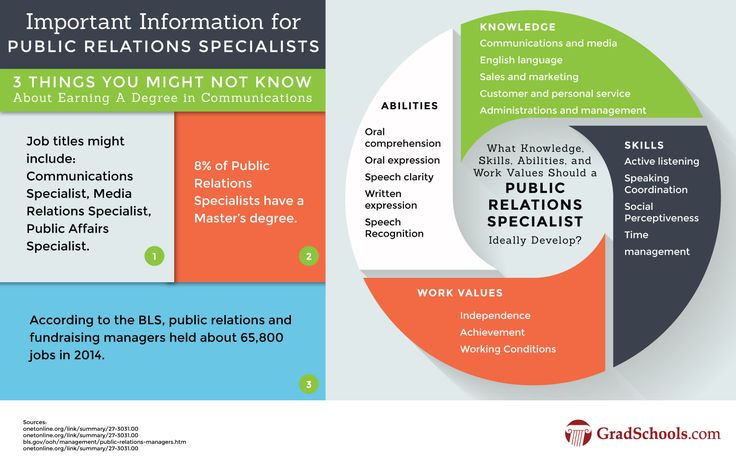 ." Give up degrading labels, offensive nicknames, sarcastic jokes. Negative general characteristics, even fair ones, are perceived by a person as insults, and are discarded without hesitation.
." Give up degrading labels, offensive nicknames, sarcastic jokes. Negative general characteristics, even fair ones, are perceived by a person as insults, and are discarded without hesitation.
- When expressing your dissatisfaction, disappointment or resentment, speak about your feelings, and not about the personal qualities of your partner, start the statement with "I", not with "you". "I'm tired after work and really upset that you left the dishes on the table. Please help me, I need a rest so much" - much more effective than: "You are a selfish and a pig - you always leave dirty dishes, you never care that I I'm tired!" "I-statements" focus on the situation, your feelings and thoughts, your unmet need. Whereas a statement starting with "you" is automatically a claim, an accusation, where the problem is not dirty dishes, but a negligent partner. Which, often, begins to defend itself with retaliatory attacks - this is how marital quarrels flare up.
- Criticize only constructively and correctly.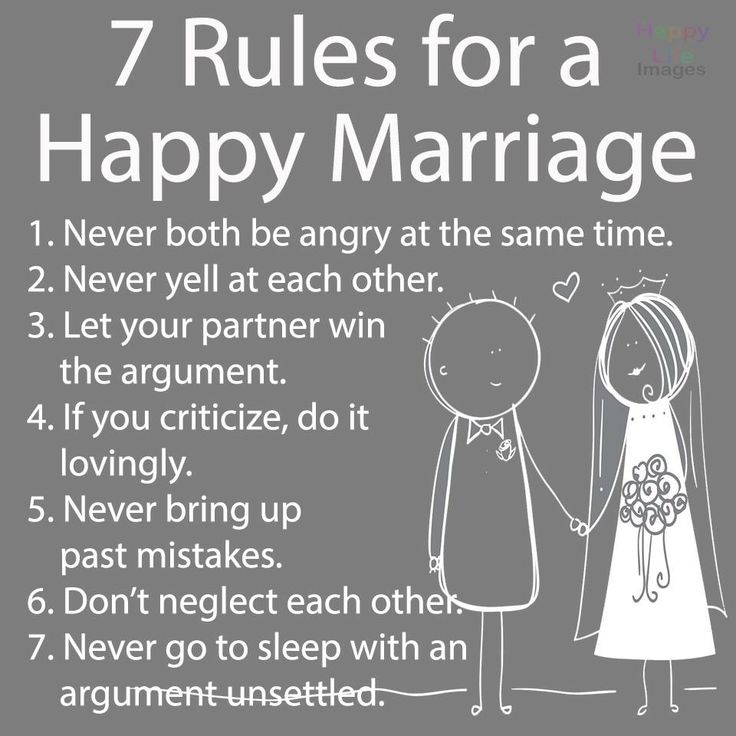 Creative criticism is always focused on specific advice for solving a problem: “this is not bad, but I think that this would be even better.” But: “Krivoruchka, you don’t know how to do anything” - an insulting arrival, which can lead to resentment and conflict, even if it is expressed in a joking tone.
Creative criticism is always focused on specific advice for solving a problem: “this is not bad, but I think that this would be even better.” But: “Krivoruchka, you don’t know how to do anything” - an insulting arrival, which can lead to resentment and conflict, even if it is expressed in a joking tone.
- Try not to raise your voice, do not put into words, intonation, gestures and facial expressions emotions that are destructive for relationships: hostility, contempt, anger, a sense of superiority. Not only outright insults, but also a sly grin or rolling your eyes will easily convey to your partner your offensive “well, you are as always! ..” Even expressing offense, let your partner understand that he is still a close and beloved person for you.
- If you feel like criticizing, first count to ten so that your remark is considered, and not dictated by momentary emotions.
– Always express even the mildest constructive criticism to your partner in private, and not in public.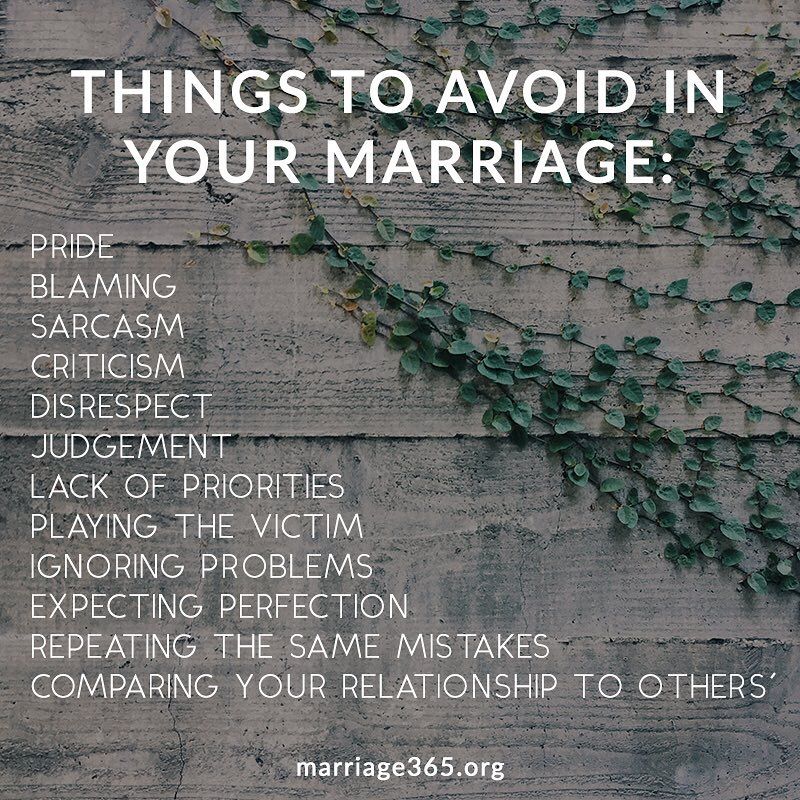
- When criticizing, in no case do not compare your partner with "former" ones, or with anyone else.
- Be sure to ask for forgiveness if you were wrong, broke down, offended or humiliated a loved one. Try not to let out offensive ones in the heat of the moment: “Yes, you have lost your mind”, “Be quiet and listen”, “Is it really incomprehensible ?!” etc.
- Analyze what exactly makes you want to criticize your loved one. Unmet needs? Hit triggers? "Better motives"? And isn’t your “inner critic” trying to transfer some hidden problem onto your partner, perhaps even your own? Often we notice and judge in others what we have in ourselves.
What to do if you are criticized
Few people like to be the object of criticism, even fair, and even more so - destructive, aggressive, insulting, undermining self-esteem. The first emotional reaction to criticism may be its denial or silent resentment, the desire to start making excuses or hurt in response.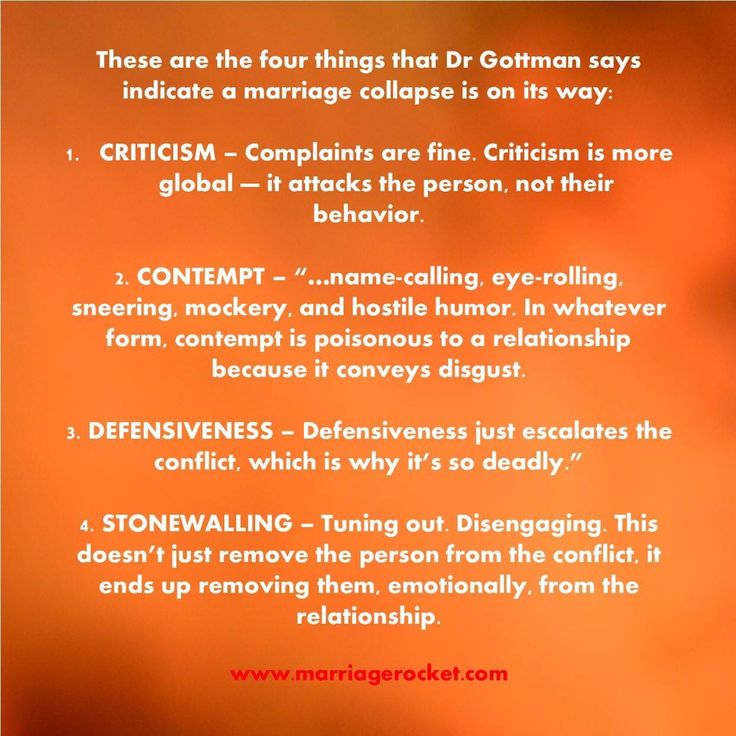 But, before responding to any criticism, pause, making it clear that you have heard your partner, but without showing excessive emotions. This will reduce the intensity of passions and allow you to understand whether the critical remark is fair, whether it is correctly expressed, and whether it is worth answering: “Your truth, I will try to be more attentive”, “I understand your opinion, but I have a different one, I will explain now” or “ I understand you, but please don't attack me like that, let's talk." To understand the situation and convey your vision to your partner, note what you perceived (raised your voice at me), felt (indignation and resentment) and what you would like to (continue the conversation in a calm tone). If both of you are already on edge, it may be worth postponing the conversation until you calm down, especially if keeping peace in the family is more important for you than proving your case.
But, before responding to any criticism, pause, making it clear that you have heard your partner, but without showing excessive emotions. This will reduce the intensity of passions and allow you to understand whether the critical remark is fair, whether it is correctly expressed, and whether it is worth answering: “Your truth, I will try to be more attentive”, “I understand your opinion, but I have a different one, I will explain now” or “ I understand you, but please don't attack me like that, let's talk." To understand the situation and convey your vision to your partner, note what you perceived (raised your voice at me), felt (indignation and resentment) and what you would like to (continue the conversation in a calm tone). If both of you are already on edge, it may be worth postponing the conversation until you calm down, especially if keeping peace in the family is more important for you than proving your case.
Think also about what your loved one wants by criticizing you. If necessary, just ask: “Why are you telling me this? What can I do?" And if, on reflection, you consider the criticism objective, the best way to respond to it is to actually show that you have taken note of the comments. If the criticism was unfair, or even absurd - look for the reason for such attacks in your relationship, your partner or in you, if necessary - with the help of a specialist who can also help you increase your self-esteem and stop perceiving criticism as a threat to your personality.
If necessary, just ask: “Why are you telling me this? What can I do?" And if, on reflection, you consider the criticism objective, the best way to respond to it is to actually show that you have taken note of the comments. If the criticism was unfair, or even absurd - look for the reason for such attacks in your relationship, your partner or in you, if necessary - with the help of a specialist who can also help you increase your self-esteem and stop perceiving criticism as a threat to your personality.
To avoid becoming a critic or the target of criticism in a relationship less often, try to adhere to the following recommendations:
– Appreciate your partner’s contribution, praise and thank him – respect and attention in a relationship is very important. Try to distribute family roles and household chores fairly.
- Manage your emotional state, find ways of emotional and muscle relaxation that suit you, whether it be physical activity or hobbies.
- Develop delicacy, tact, sensitivity, the ability to empathize and support each other. “It’s bad for your eyesight not to look away from the screen for so long, please take a break and let’s discuss plans for the weekend.” Such a proposal is much more likely to be answered with consent than a hysterical claim: “You always sit buried in your filthy phone, not paying attention to me, come on, stop it!”
- Give up the idea of "remaking your partner for yourself", do not perceive him as an instrument for fulfilling your desires, do not consider who gave what to whom and what he owes. Sincere partnership, trust and support are much more reliable than any manipulation. Deepen mutual understanding and mutual respect, work out a system of compromises.
- Speak out your needs, desires and expectations, do not assume that your partner must always understand you without words.
- Be ready to listen to your partner and recognize his right to his own opinion.
- Avoid not only open, but also passive aggression, demonstrative insults and silence, which does not allow building a constructive dialogue.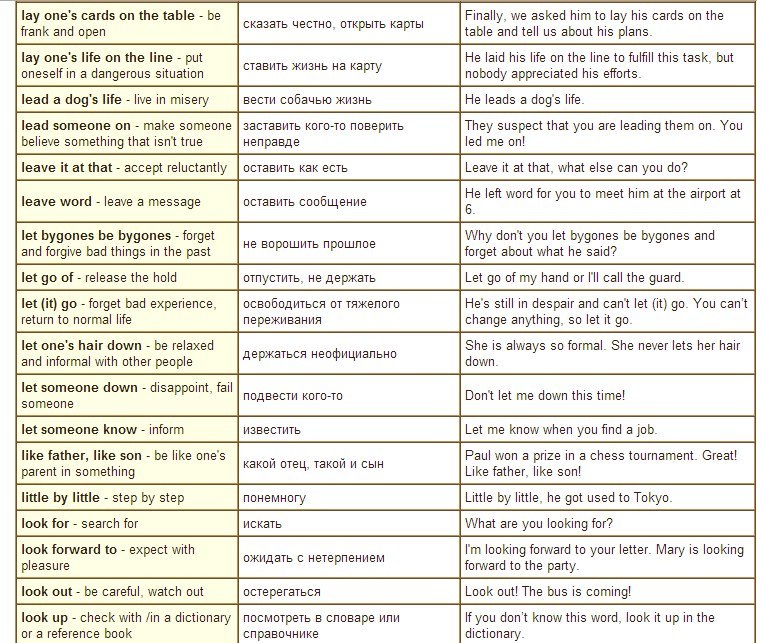
- Track and resolve issues that cause criticism and conflict over and over again.
– Do not consider it shameful to change for the better. “I often make a mess, but I try to take care of myself” is a constructive attitude, and “I make a mess, and let them endure it” is already promiscuity.
- Share feelings, do not accumulate resentment, allowing them to grow. Many people, especially men, tend to avoid conflict or discussion of a difficult issue. But sooner or later, the accumulated discontent still breaks out, often with an outburst of anger. Remember that it is better to calmly express your feelings right away than to throw them out in a scandal later.
- Women, as a rule, express irritation and dissatisfaction much more regularly than men, striving to ensure that their feelings are recognized and their opinions are heard. Showing your attention to your partner's point of view and feelings is often just as important as actually solving the problem.
- If you feel that you are unable to resolve the differences in a couple on your own - do not delay contacting a family psychologist.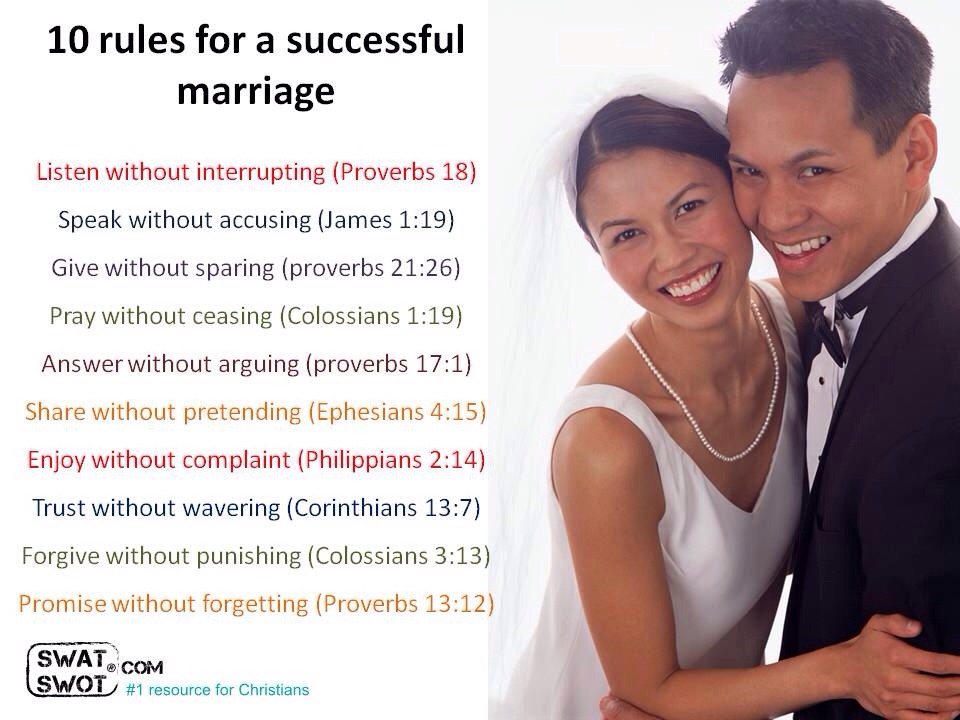
If harsh criticism has already become the norm in your relationship, the situation can and should be corrected, because this is a vicious circle that multiplies mutual dissatisfaction. Don't use criticism as your weapon against your partner. Remember that the family is not a battlefield for their own interests, where everyone tries to demoralize and suppress the enemy with their own superiority. The family is, rather, a construction site, where only together - accepting, respecting, loving, listening to each other - you can build mutual understanding, a harmonious and happy life together.
How marital criticism spoils family happiness
10 536
A man and a woman Know thyself A man among people
Any, even the most fair criticism, if it is said carelessly or, moreover, deliberately pointedly, can kindle a real war between partners. What to expect from non-constructive criticism, which in fact becomes a common form of verbal attack? She says that the person is irritated, angry, that he does not like the object of criticism.
The natural response to such a message is an equally aggressive response. Even if the one who is being criticized remains silent, resentment will burn in the depths of his soul. It can accumulate for some time, but then it will break out, develop into hostility and a deep conflict.
It turns out a vicious circle. We criticize when we don't like something. Instead of reforming, the partner begins to hate us. If dissatisfaction with others is suppressed, aggression will begin to grow in ourselves. And here, too, a matter of time - when it will splash out. Whichever way you look at it, the situation is getting worse.
So what to do? How to express dissatisfaction and not hurt another? Does criticism mean the end of love?
If we are criticized
Criticism in a couple does not mean that love has passed. But she is definitely going through a difficult period. When we are in love, we want to admire our partner, not criticize. Any reproaches speak of cooling.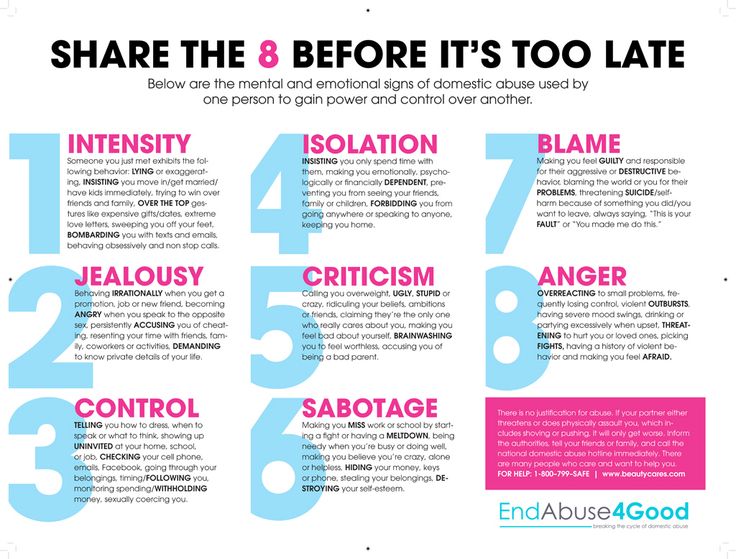
It is pointless to be offended by this. People do not control their feelings, and it is impossible to return sympathy by force. But she can be helped to recover by reducing the degree of mutual irritation. Therefore, if there is no goal to provoke a quarrel, it is better not to respond to criticism in the spirit of "look at yourself."
It's also not worth making excuses or keeping silent, holding a grudge. Our task is to gently but persistently stop the flow of critical remarks addressed to us.
It is important not to ignore the offender, but also not to deliberately demonstrate how much he hurt us. I have a different opinion on this matter ”- and do not develop the topic further. If the reaction to offensive remarks is restrained and neutral, the partner will quickly lose interest in this form of showdown. After all, we are attracted only by what gives emotions.But it is important to be honest with ourselves and objectively analyze everything we are accused of.
If it turns out that the accusations are true, you need to try to make amends. Not in words, but in deeds. If the voiced problem is accepted and corrected by you, the partner, having seen your response, will appreciate the changes and be grateful. Any demand in the spirit of “look how I try” will devalue the result.
If the criticism is absurd (really absurd, and we don't like to think so), it most likely hides claims that the partner for some reason does not want to voice.
Destructive patterns from the past
Clients of psychotherapists often report how their loved ones suddenly begin to criticize them for what they once admired. For example, for the manner of speaking, eye color, figure, hairstyle or weight, which has not changed for the past 20 years, and now it has suddenly become annoying.
In such cases, we need to put aside accusations and look at what has changed in our behavior lately. Perhaps we offended a person, did not notice this, did not apologize, did not compensate for the damage, and now he is trying to hurt us in return.
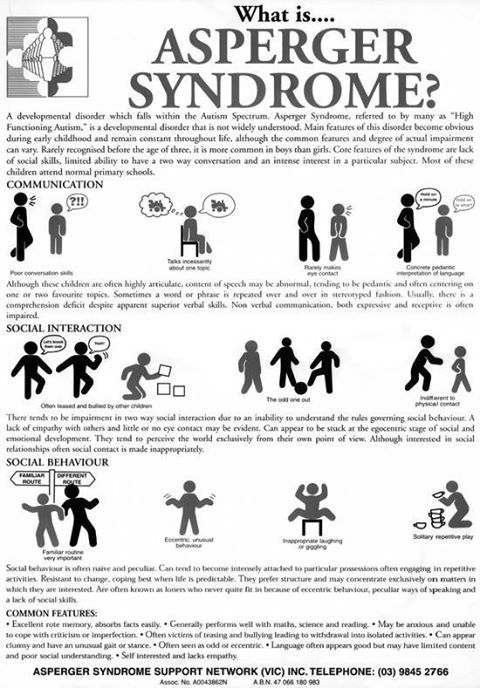
Unconscious attitudes, absorbed in childhood, can have an influence - they do not allow us to say directly that we do not like, and even more so to admit that we are in pain.
An unspoken resentment needs to be released, and nit-picking begins on another occasionThis often happens in couples where one of the partners has a new hobby, a group of friends, an interesting project. Most of the attention flows there, and the second one feels abandoned. He cannot say it out loud - he does not want to show weakness. Instead, he clings to trifles, stings, gets angry, criticizes. The partner feels offended by unreasonable aggression and moves away even more.
A frank conversation will help stop total cooling. But do not sort things out at the time or immediately after the conflict. You need to choose a place and time when both are in a good mood. Then there is a chance to discuss the problem delicately, without hurting anyone.

If you criticize
Carl Jung said: "Everything that irritates others can lead to understanding yourself." This is a universal formula for the development of reflection. If someone infuriates us so much that it is impossible to remain silent, then the person touches deep triggers that we did not even suspect. And this is a great reason to delve into yourself, look for the root cause, become more conscious and stronger.
The desire to criticize a partner has another aspect. It seems to us that this is how we open the eyes of others, push them to change, do better. But criticism, especially one that was not asked for, cannot be improved. And here you can get offended. So much so that the partner thinks: “Why am I next to a person who doesn’t like me, who feels bad with me?”
So if the goal is to end the relationship, then criticism is an excellent toolIt destroys trust, multiplies resentment, provokes aggression and a desire for revenge.
